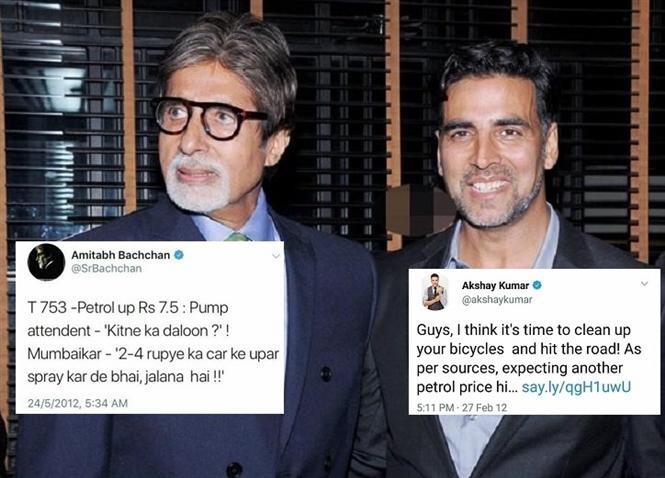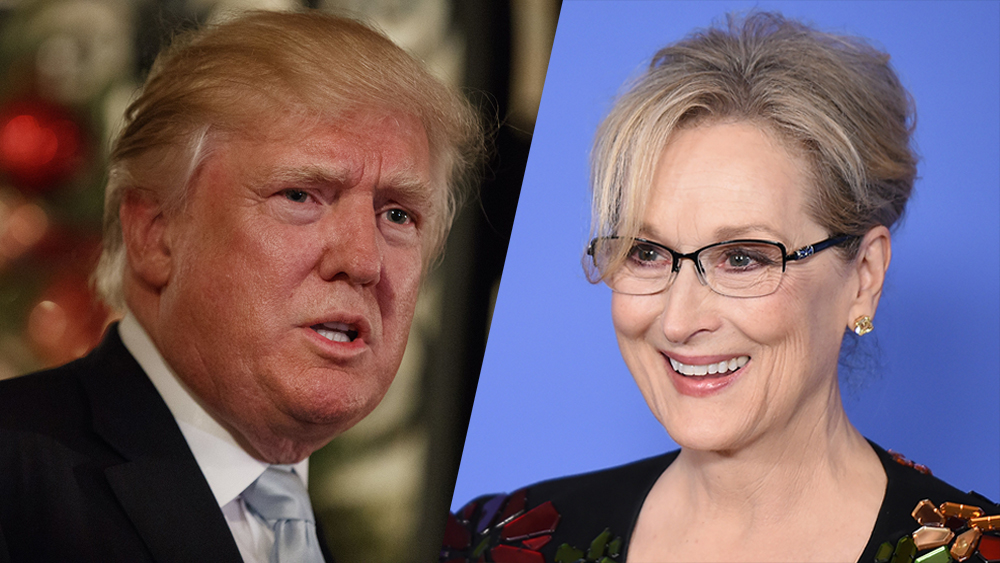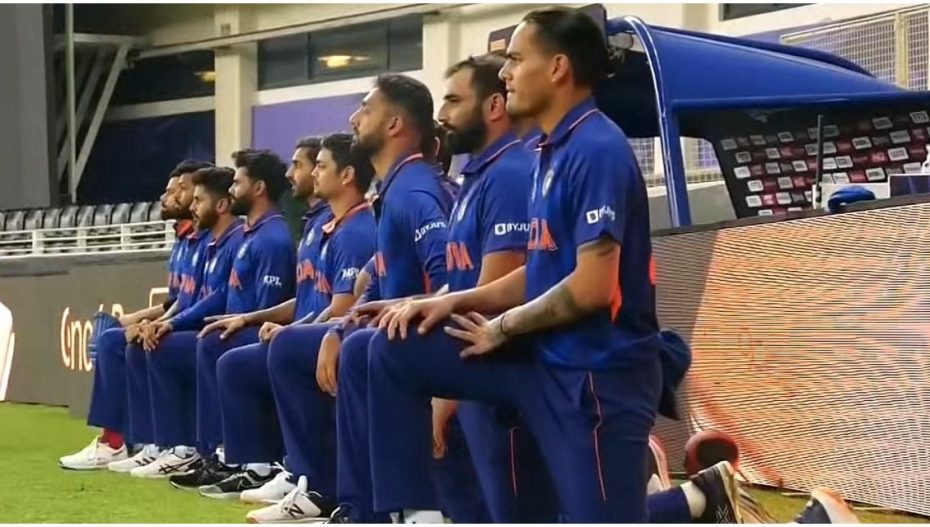Andrew Bolt, Sky News host took a dig at Indian Cricket Team “taking a knee” during ongoing T20 world cup match against Pakistan. Bolt said he laughed with bitterness on the group taking the knee to mark the protest against racism in the context of Black Lives Matter.
Andrew Bolt in his Bolt Report programme said India should “fix its own caste system” before making “big international gestures” against racism.
“The Hindu caste system that has Brahmins, the priest caste at the very top, and the Untouchables down at the very, very bottom,” he said, asking “Has the Indian team ever taken the knee to protest against that, or is that a bit too close to home?”
The question Andrew Bolt thew at the end is significant. While pointing out the finger he exposed the sheer hypocrisy of it all. Indian celebrities, especially in recent times, are seen avoiding criticising rampant breach of civil liberties and social justice.
Since Colin Kaepernick controversially knelt through the U.S. national anthem in 2016 during a match, Taking the knee has gained the spotlight and has become a global symbol of solidarity with the Black Lives Matter movement.

Fellow Darren Sammy’s straight forward questions are piercing through any pretence of civil behaviour that one would expect from grown men having international exposure of the kind, cricketers enjoy. His bewilderment at finding out being called a degrading word in a language he does not understand is palpable.
Earlier, during 1968 Olympics, two African American athletes, Tommie Smith and John Carlos, raised their fists in the air during the American anthem from the podium to drive home a powerful message on human rights.

“Taking a knee” has it’s origin in the 1787 medallion crafted by Josiah Wedgwood with the image of a black man kneeling in shackles with inscriptions “ Am I not a Man and a brother?” during the 18th and 19th century British abolitionist movement to ban slavery and ill-treatment of people of colour.

Indian celebrities have reasons to feel embarrassed about even if we think that Bolt’s jibe, though true, does not have same complexities involved. It is apparent that the spine of those whose opinion matter is conspicuous by absence in today’s India. Akshay Kumar and Amitabh Bachchan who joked about rising petrol prices in 2012, not only cannot muster enough courage to do so now but also delete some of the old tweets.

When all seemed lost, came Virat Kohli, Indian Cricket Team Captain’s very strong stand against bigotry as a glimmer of hope.

Such morose are times that what should be the norm is being hailed being an exception. After the same match where Indian team took a knee and eventually lost to Pakistan, Indian player Mohammed Shami was singled out for brutal trolling questioning his loyalty to India – not team, nation!, based on his Muslim identity.
It was insinuated that since he was a Muslim, he sided with Pakistan. The evil in social media was at it’s worst with every paranoid pygmy in remotest corner of the country jumping on the trampoline of hate reaching unprecedented heights. And the fact that such filth existed in these obscure corners of the country was a reason to despair even more.

Virat had been accused of silence in the past, but with his unequivocal support to Shami and scathing criticism of the trolls in blunt terms, Virat hit back at “spineless trolls” for targeting people for his faith and said doing so was “the most pathetic thing”.
“if people can overlook his passion for the country, honestly, I don’t even want to waste a minute giving attention to those people, and neither does Shami or anyone else in the team.” Kohli said.
“We stand by him fully. And all those who have attacked him can come with more force if they want to. Our brotherhood and friendship within the team cannot be shaken. ”
Barkha Dutt, also writing for The Washington Post termed the taking a knee gesture by cricket eleven “triggering incredulity to start with and utter cynicism by the end” and observed endorsing a campaign that has virtually no manifestation in the Indian context, the cricketers were picking a topic that was distant and thus “safe.”
Indeed, barring the admirable Kohli stand, none of those who matter as opinion makers in public life in India has displayed guts to opine publicly on the contemporary matters of social importance. It is striking because just a couple of years ago, in different regime, for a situation lighter in gravity than what is today, everyone had his or her two cents ready to offer.
Shahrukh Khan whose 23 year old son was arrested on drug related charges which are yet to pass through scrutiny of courts was not vocal when lynching of Muslims occurred. Incidentally, the fellow Stars who publicised their support for incarcerated Sanjay Dutt for the crime of holding illegal AK-56 were nowhere to be seen this time around.
In other democracies, we see the public figures taking the strong stand on social fractures. Former Bangladesh cricket captain Mashrafe Mortaza had condemned attacks on Hindu community Bangladesh and Mahela Jayawardane was also did not waste time in condemning countrymen during anti-Muslim riots in Sri Lanka.
And who can forget the inimitable Meryl Streep taking on all too nasty Trump during her Golden Globe address?

Celebrities as opinion maker are a very important tool in driving positive change in social behaviour. With the amount of adulation they get from general public, it becomes a moral duty of sorts to be seen standing where the justice is. Alas, these angels floating in sky high above, often have feet of clay and wings of plastic.
“The hottest place in Hell is reserved for those who remain neutral in times of great moral conflict.”
Martin Luther King, Jr.












